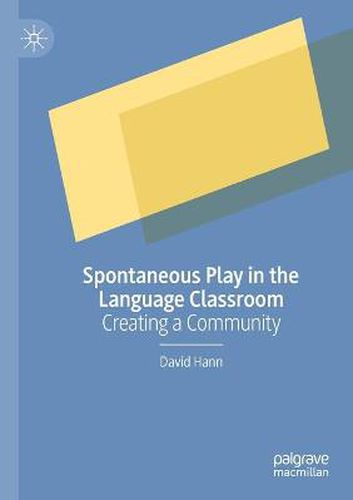Readings Newsletter
Become a Readings Member to make your shopping experience even easier.
Sign in or sign up for free!
You’re not far away from qualifying for FREE standard shipping within Australia
You’ve qualified for FREE standard shipping within Australia
The cart is loading…






This title is printed to order. This book may have been self-published. If so, we cannot guarantee the quality of the content. In the main most books will have gone through the editing process however some may not. We therefore suggest that you be aware of this before ordering this book. If in doubt check either the author or publisher’s details as we are unable to accept any returns unless they are faulty. Please contact us if you have any questions.
This book investigates the importance of humour and play in the establishment of individual and group identities among adult language learners on an intensive business English course. The enclosed setting allows the emergent nature of community building and identity projection to be traced, foregrounding the important role of humorous play in these vital social processes. The book will be of interest to students and researchers of applied linguistics, second language acquisition and humour studies.
$9.00 standard shipping within Australia
FREE standard shipping within Australia for orders over $100.00
Express & International shipping calculated at checkout
This title is printed to order. This book may have been self-published. If so, we cannot guarantee the quality of the content. In the main most books will have gone through the editing process however some may not. We therefore suggest that you be aware of this before ordering this book. If in doubt check either the author or publisher’s details as we are unable to accept any returns unless they are faulty. Please contact us if you have any questions.
This book investigates the importance of humour and play in the establishment of individual and group identities among adult language learners on an intensive business English course. The enclosed setting allows the emergent nature of community building and identity projection to be traced, foregrounding the important role of humorous play in these vital social processes. The book will be of interest to students and researchers of applied linguistics, second language acquisition and humour studies.